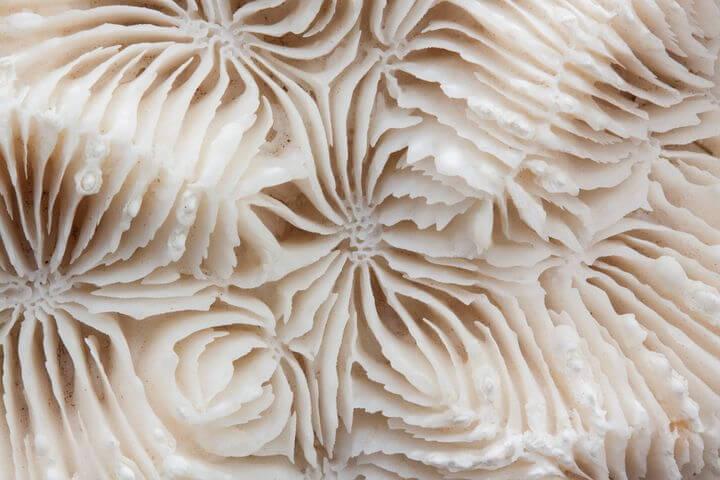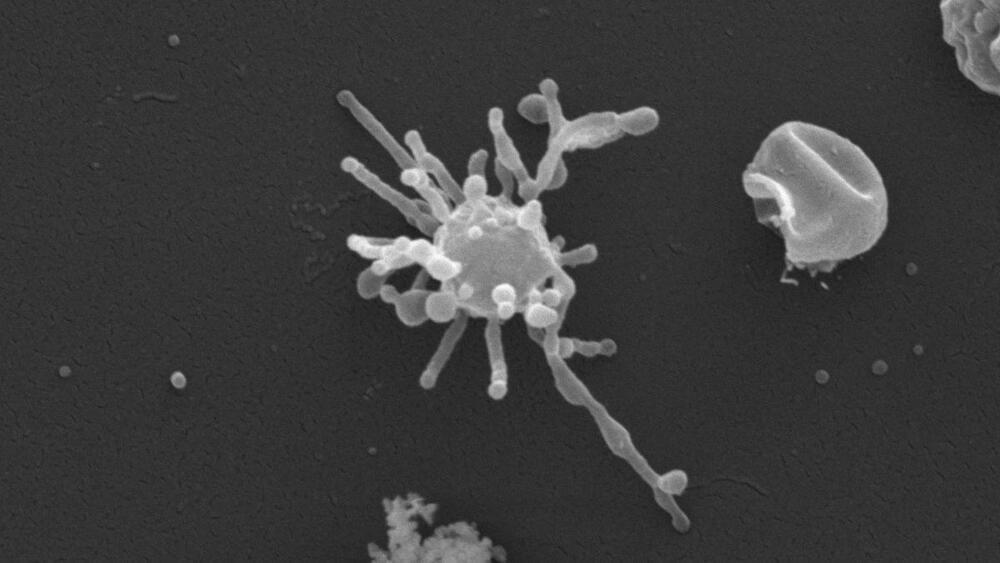
The motor cortex controls the voluntary movement of muscles. It remains largely unclear why its electrical or magnetic stimulation can alleviate therapy-resistant chronic pain—albeit unreliably. An interdisciplinary research group at the Medical Faculty of Heidelberg (MFHD) has now tracked down the underlying mechanisms and nerve pathways in mice.
The scientists showed that certain nerve pathways of the motor cerebral cortex are indirectly connected to the emotion centers in the brain, process both pain-related information and emotions by direct activation, and thus reduce the sensation of pain. Consequently, the team not only defines a new brain circuit for neurostimulation in pain therapy, but also brings the brain’s own reward system into focus as a starting point for future treatments. The results are now published in the journal Science.
The research was conducted within the framework of CRC1158 “From Nociception to Chronic Pain,” whose spokesperson is Professor Dr. Rohini Kuner, Director of the Institute of Pharmacology at the MFHD.


















